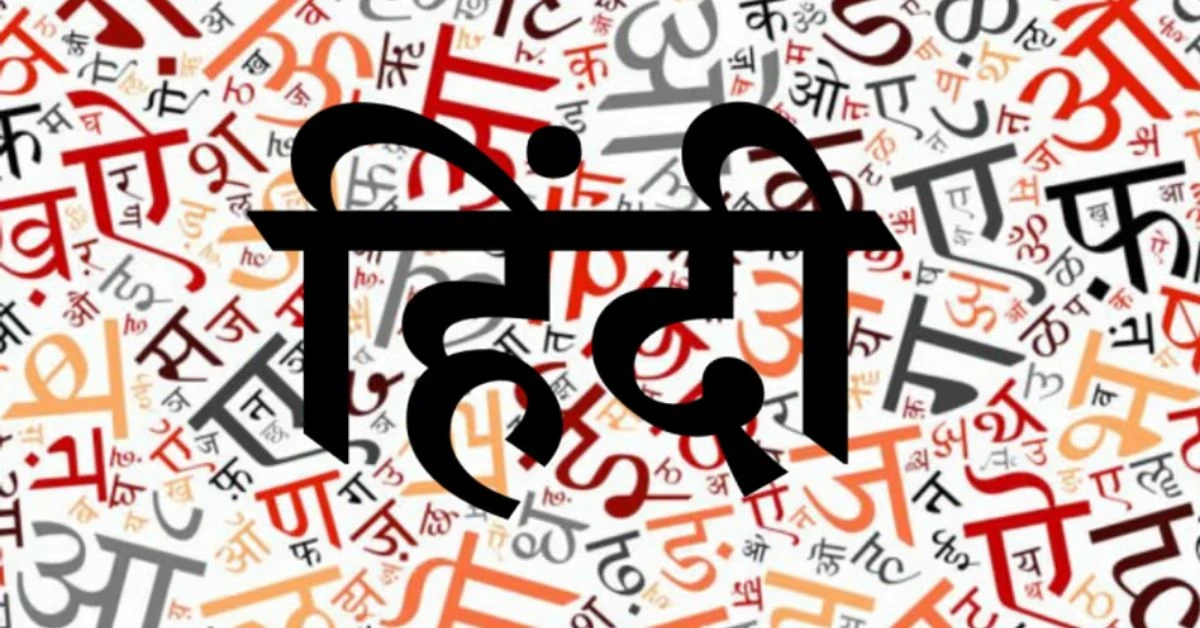
India, a nation celebrated for its cultural and linguistic diversity, faces a contentious issue: the imposition of Hindi as a unifying language.
Despite a significant number of Indians speaking and understanding Hindi, it is not the national language. This article delves into why imposing Hindi on every Indian is problematic, examining the historical, cultural, and socio-economic implications.
Historical Context
The Constitution of India adopted in 1950, does not designate Hindi as the national language. Instead, it recognises Hindi and English as official languages for government purposes. This decision was a compromise to accommodate India's multilingual reality. The framers of the Constitution, aware of the potential for linguistic conflict, deliberately avoided declaring a single national language.
Linguistic Diversity And Cultural Identity
India is home to 22 officially recognised languages and hundreds of dialects. Each language represents a unique cultural heritage and identity.
Imposing Hindi undermines this diversity, leading to feelings of marginalization among non-Hindi speakers. For instance, in states like Tamil Nadu, Karnataka, and West Bengal, local languages are integral to regional identity and pride.
Constitutional Provisions And Legal Framework
The Indian Constitution's Eighth Schedule lists the official languages, reflecting the country's linguistic plurality. Article 29 of the Constitution guarantees the right of citizens to conserve their distinct language, script, and culture.
Imposing Hindi contradicts these constitutional provisions, threatening the linguistic rights of non-Hindi speakers.
Economic And Educational Impact
Proficiency in Hindi is not universal across India. Imposing Hindi could disadvantage those who are not fluent in it, particularly in terms of job opportunities and access to government services. This can exacerbate regional inequalities.
Historical Resistance And Regional Movements
There has been historical resistance to the imposition of Hindi, particularly in South India. Leaders like CN Annadurai and TT Krishnamachari argued that such imposition would be unfair and disadvantageous to non-Hindi speakers.
The anti-Hindi agitations in Tamil Nadu during the 1960s are a testament to the strong opposition against linguistic hegemony.
Unity in Diversity: The Indian Ethos
India's strength lies in its ability to maintain unity while celebrating diversity. The motto "Unity in Diversity" encapsulates this ethos.
Forcing a single language on the entire population can threaten this delicate balance and create divisions rather than fostering unity. Promoting multilingualism and respecting linguistic diversity is essential for national integration.
The Role Of Regional Languages
Regional languages play a crucial role in the daily lives of millions of Indians. They are the medium of instruction in schools, the language of local administration, and the vehicle for cultural expression.
Imposing Hindi can disrupt these functions, leading to a loss of cultural heritage and identity.
For example, Assamese in Assam, Bengali in West Bengal, and Tamil in Tamil Nadu are not just languages but symbols of regional pride and history.
Socio-Political Implications
The imposition of Hindi can also have significant socio-political implications. It can lead to regional tensions and conflicts, as seen in the past.
The Dravidian movement in Tamil Nadu, which opposed Hindi imposition, is a prime example of how language can become a rallying point for political mobilisation. Such movements can destabilise the political landscape and hinder national unity.
Technological And Global Considerations
In the age of globalisation and technological advancement, linguistic diversity can be an asset. Multilingualism can enhance cognitive abilities, improve communication skills, and provide economic opportunities in a globalised world.
Imposing Hindi could limit these benefits and reduce India's competitiveness on the global stage.
Conclusion
Imposing Hindi on every Indian in the name of unification is not only unconstitutional but also detrimental to the country's linguistic and cultural fabric.
It undermines the principles of diversity and inclusivity that are the bedrock of Indian society. Instead of imposing a single language, India should celebrate its linguistic plurality and promote policies that respect and preserve this diversity.
To foster linguistic harmony, the government could implement policies that promote multilingual education, encourage the use of regional languages in administration, and support cultural initiatives that celebrate linguistic diversity. By doing so, India can strengthen its unity while honoring its rich linguistic heritage.
What are your thoughts on this issue? Do you think there are ways to promote linguistic harmony without imposing a single language?
ALSO READ | Ugliest Language In India: Know The Controversy Here
Anonymous Asomiya is Guwahati-based writer and she loves writing on various topics and issues apart from fiction and poetry. She is a techie by profession and to remain anonymous is her choice.